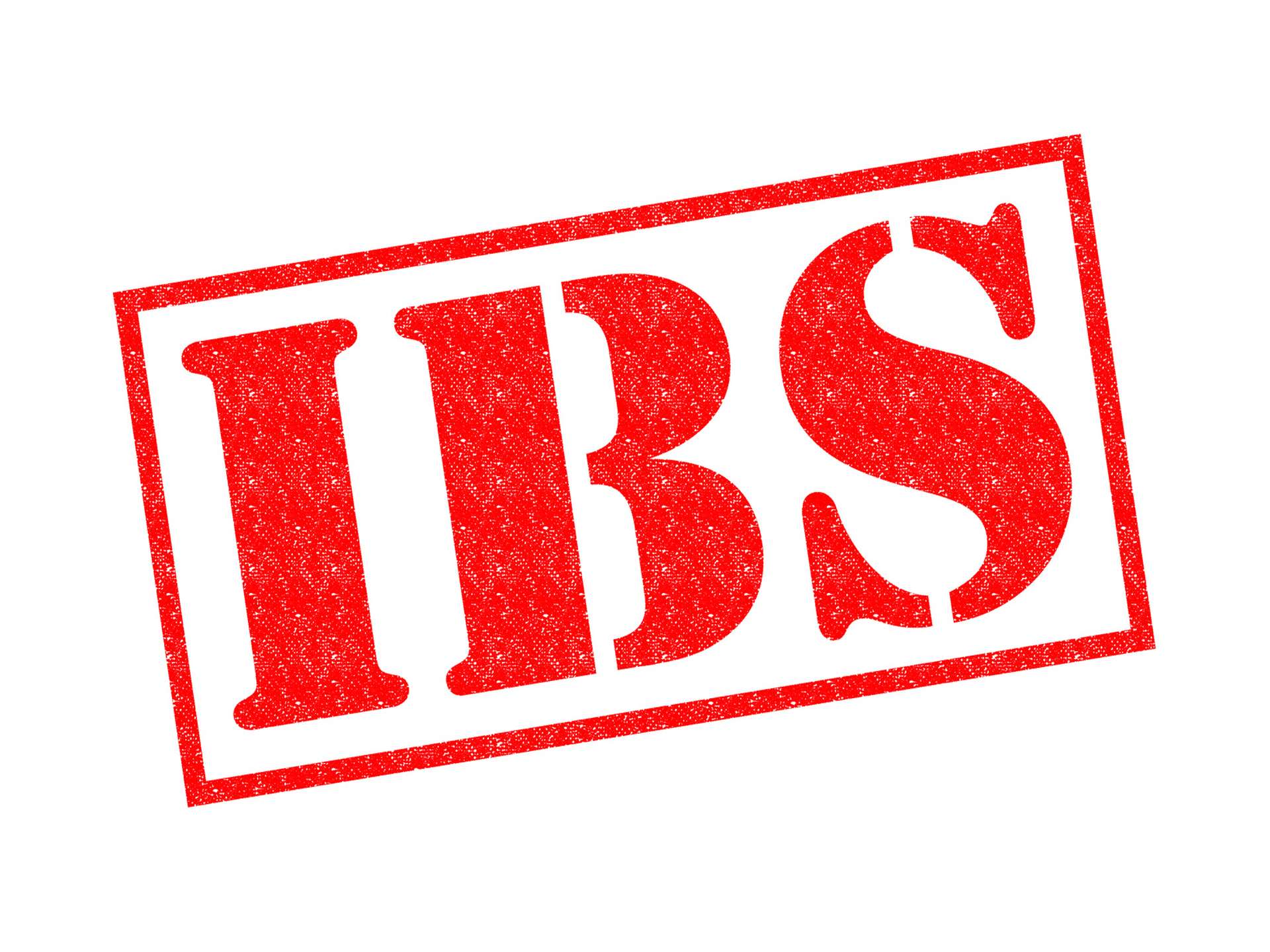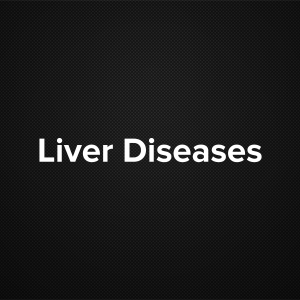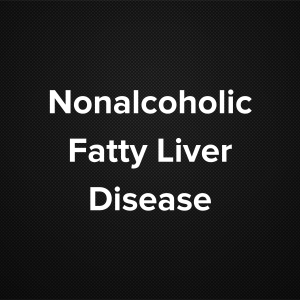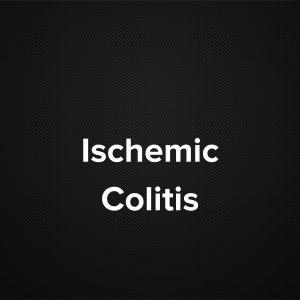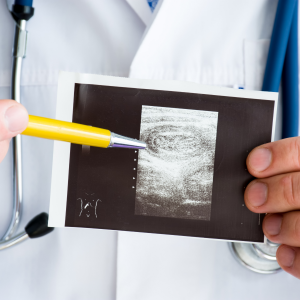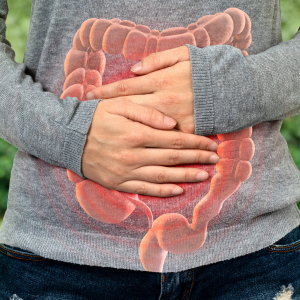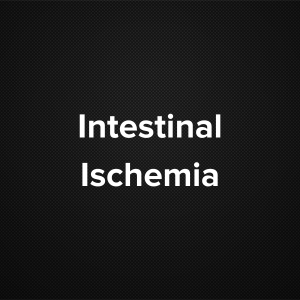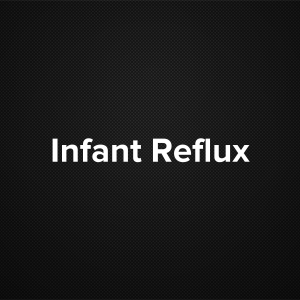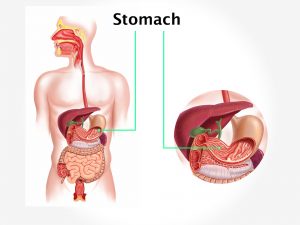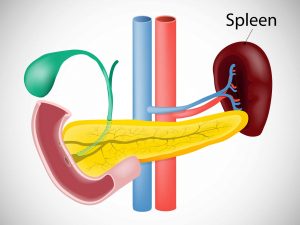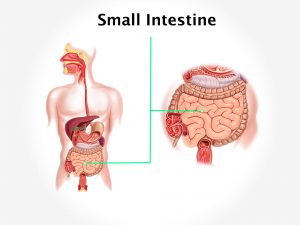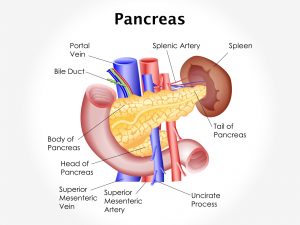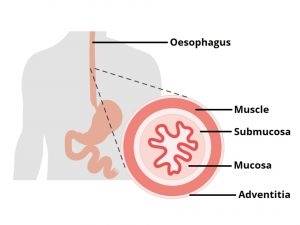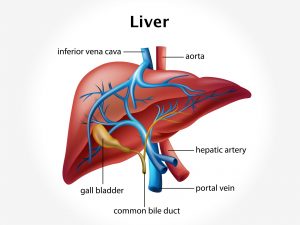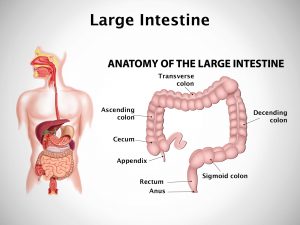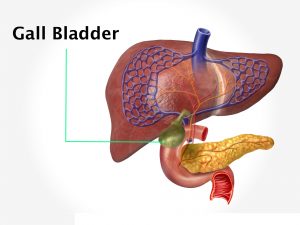Causes and risk factors:
Irritable bowel syndrome is not caused by single causative factors. It shows wide range of symptoms with varied causes. Psychological disturbances like anxiety, stress, and depression are the main contributing factors. Many patients suffering from irritable bowel syndrome have a history of physical or sexual abuse. Some patients suffer from irritable bowel syndrome after an attack of acute gastritis or gastroenteritis. Change in the microflora of the gut, serotonin metabolism dietary intolerance of wheat and lactose, excessive consumption of spicy food can trigger IBS.
Clinical presentations:
The common symptom of which the patient complaints of is pain in abdomen. It is colic like crampy pain. Diarrhea or constipation is present. In diarrhea the frequency of stools is increased but patients passes small quantity of stools .Small hard round stools can be seen in constipation. Stools sometimes may be are mixed with mucus and /or blood.The patient complaints of association of pain in abdomen while passing stools. Some patients may complaint of alternate diarrhea and constipation. Bloating of abdomen, flatulence is other associated symptoms with which a patient can come up. Tenderness on palpation of abdomen is present. However there is no associated weight loss seen in IBS. Some patients can also become anxious due to the varied symptoms.
Diagnosis and investigations:
Generally diagnosis of IBS is very difficult and clinical in nature i.e we have to exclude other differential diagnosis by investigations. Usually in people under the age of 40 years diagnosis can be made on the basis of the symptoms narrated and the physical examination of the abdomen carried out by the doctor. No investigations as such are recommended. Routine blood test and sigmoidoscopy are routinely advised in patients. Colonoscopy and barium enema are advised specially in older group of people. Stool test, ultrasonography of the abdomen can be recommended to rule out other causes.
Treatment:
To allay the anxiety of the patient by counseling should be done first. Change in diet is of foremost importance. High fat and spicy food or food substances which tend to flatulence should be avoided. High fiber diets helps in regulating the bowels. Fiber supplements can be advised. A well balanced and nutritious diet is recommended. Anti anxiety or anti spasmodic or anti diarrheal medications are advised for symptomatic relief. Along with this step to relief the stress likes adoption of some recreational techniques, meditation, yoga and regular exercises needs to be implemented.
Other Modes of treatment
The other modes of treatment can also be effective in treating irritable bowel syndrome. Homoeopathy is a science which deals with individualization and considers a person in a holistic way. This science can be helpful in combating the symptoms. Similarly the ayurvedic system of medicine which uses herbal medicines and synthetic derivates are also found to be effective in treating pain.
Recent updates:
A study conducted by the researchers at University of Adelaide reveals that the immune system in irritable bowel syndrome patients is defective and this is the major reason why they continue to have issues with pain.
